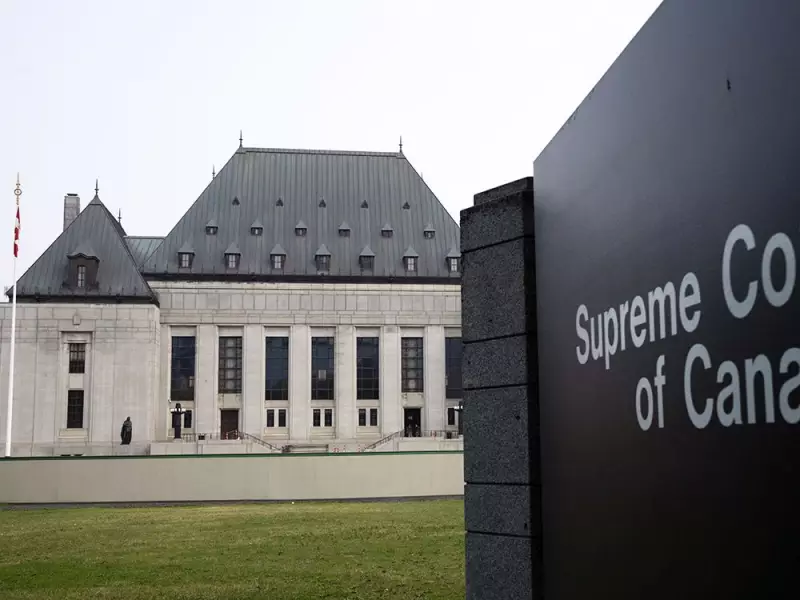
In a dramatic political showdown, Conservative premiers from Alberta and Saskatchewan are demanding the federal government take unprecedented action to reinstate mandatory minimum sentences for child pornography offences. This comes after the Supreme Court of Canada struck down these sentencing provisions as unconstitutional.
The Constitutional Clash
Alberta Premier Danielle Smith and Saskatchewan Premier Scott Moe are urging Justice Minister Arif Virani to invoke the Constitution's notwithstanding clause—a rarely used legislative power that allows governments to override certain Charter rights for five-year periods.
The premiers argue that the Supreme Court's recent decision in R. v. Hills has created a dangerous gap in Canada's justice system, potentially allowing offenders who produce, distribute, or possess child sexual abuse material to avoid prison time.
What the Court Ruled
In a landmark 6-1 decision, the Supreme Court found that mandatory minimum sentences for child pornography offences constituted "cruel and unusual punishment" under the Charter. The court determined that these sentences could capture conduct that didn't merit prison time in some circumstances, particularly for first-time offenders.
The ruling affected multiple Criminal Code provisions, including:
- Making child pornography
- Distributing child pornography
- Possessing child pornography
- Accessing child pornography
The Political Battle Lines
Premier Smith didn't mince words in her statement, declaring that "the Supreme Court has once again made a decision that puts the rights of criminals ahead of the rights of victims." She emphasized that child pornography represents the "permanent recording of the sexual abuse of children" and demands serious consequences.
The premiers' position puts them on a collision course with both the Supreme Court and the federal Liberal government, which has shown little appetite for using the notwithstanding clause in criminal matters.
Legal Community Pushback
Meanwhile, nearly two dozen Canadian law professors have taken the opposite stance, writing to Minister Virani to applaud the court's decision. They argue that mandatory minimum sentences actually hinder effective prosecution of child pornography cases and disproportionately impact Indigenous offenders.
The professors contend that restoring judicial discretion allows for sentences that better fit the circumstances of each case, including appropriate rehabilitation programs for offenders.
What Happens Next?
The federal government now faces mounting political pressure from multiple directions. While Conservative premiers demand tougher sentencing, legal experts warn against undermining judicial independence and Charter rights.
This controversy highlights the ongoing tension between parliamentary sovereignty and constitutional rights in Canada's justice system. As both sides dig in their heels, the protection of children from sexual exploitation remains at the heart of this heated national debate.
The outcome could set important precedents for how Canada balances tough-on-crime policies with constitutional protections in the digital age.





